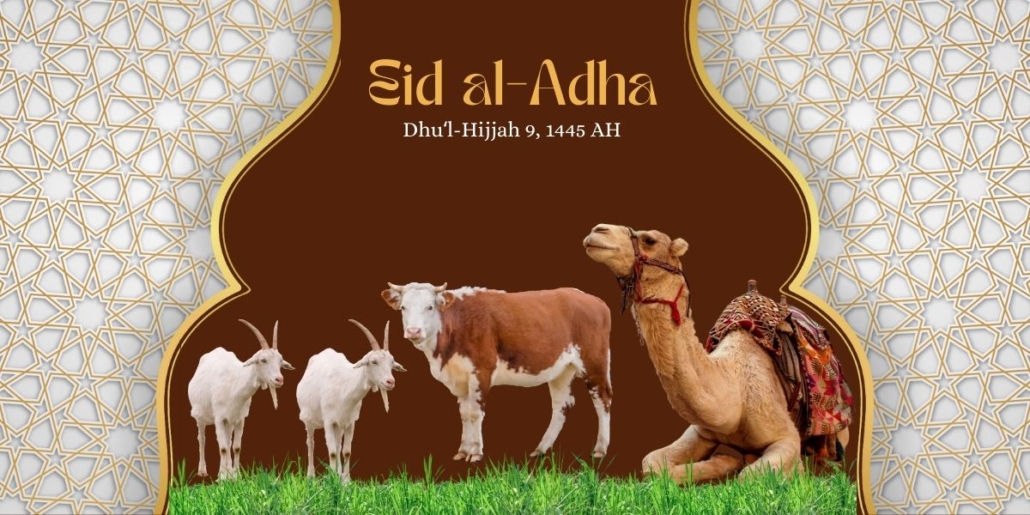Eid Ul Adha, moreover known as the Celebration of Give Up, is one of the most noteworthy occasions in the Islamic calendar. It commemorates the readiness of Prophet Ibrahim (Abraham) to give up his child Ismail (Ishmael) as an act of surrender to Allah. This festival is celebrated with great enthusiasm and devotion by Muslims worldwide. Here’s a detailed look at how Muslims celebrate their Eid Ul Adha.
The Spirit of Sacrifice
The central subject of Eid Ul Adha spins around the concept of giving up and commitment to Allah. It commemorates the readiness of Prophet Ibrahim (Abraham) to give up his child Ismail (Ishmael) as an act of compliance to Allah. This act, known as Qurbani, symbolizes Ibrahim’s willingness to sacrifice his son and is carried out following specific religious guidelines to ensure it is performed humanely and ethically.
Preparations for Eid Ul Adha
Preparations for Eid Ul Adha begin well in advance. Muslims clean and decorate their homes, purchase new clothes, and make special arrangements for the sacrificial animal. Markets bustle with activity as people buy animals for Qurbani, ensuring they meet the religious criteria of being healthy and of a certain age.
The Day of Eid Ul Adha
On the day of Eid Ul Adha, Muslims wake up early in the morning and perform the special Eid prayer at the mosque or an open prayer ground. The Eid prayer is a congregational prayer that includes a sermon. The atmosphere is filled with joy and brotherhood as Muslims greet each other with “Eid Mubarak,” which means “Blessed Eid.”
Performing Qurbani
After the prayer, the ritual of Qurbani begins. The animal is sacrificed in the name of Allah, and the meat is divided into three parts: one part for the family, one part for friends and relatives, and one part for the poor and needy. This dispersion reflects the soul of sharing and kindness that is central to Eid Ul Adha.
In many communities, the act of Qurbani is carried out at designated slaughterhouses to ensure hygienic and proper practices.
Reference of Hadith
Feasting and Celebrations
Eid Ul Adha is also a time for feasting and celebrating with family and friends. Special dishes are prepared using the meat from the Qurbani, and families come together to enjoy sumptuous meals. Traditional dishes vary by region but often include flavorful meats, rice dishes, and a variety of sweets and desserts.
Charity and Compassion
Charity plays a significant role in the celebration of Eid Ul Adha. Muslims are encouraged to give generously to those in need. Ensuring that everyone, regardless of their financial situation, can partake in the joy of Eid. This act of giving is not limited to distributing meat; many also donate money, clothes, and other essentials to the less fortunate.
Global Celebrations
Whereas the center hones of Eid Al Adha stay steady, social varieties include one-of-a-kind flavors to the celebrations in distinctive parts of the world.
In Indonesia, for example, the largest Muslim-majority country, communities come together for communal Qurbani and share the meat among neighbors. In Pakistan, elaborate dishes like Biryani and Kebabs are prepared. While in Arab countries, family gatherings and large feasts are common.
Conclusion
Eid Al Adha is a profound and joyous occasion. That unites Muslims worldwide in the spirit of sacrifice, compassion, and community. It is a time for reflection, gratitude, and helping those in need, embodying the true essence of Islam. How Muslims celebrate their Eid Al Adha. Highlights the rich traditions and values that make this festival a cherished part of the Islamic faith.
